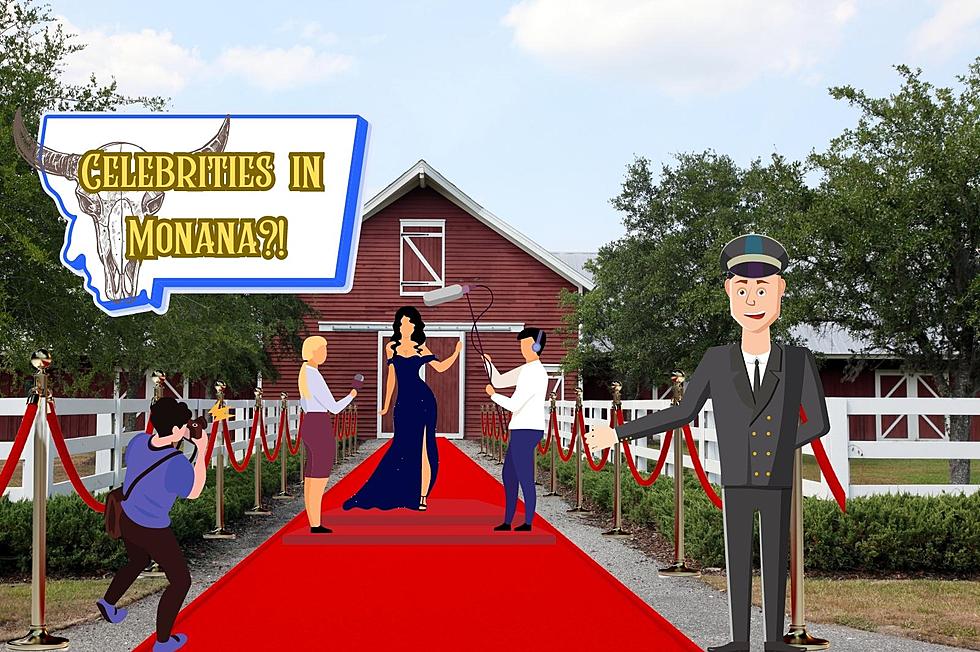
How To Tell Real News From Fake News
One of the more interesting things I found after becoming a radio commentator was confirming the accuracy of the things I was talking about on the air.
As a good friend once told me, “The thinnest pancake has two sides.” And that’s about as true as anything out there.
So how do you know what’s right and wrong? Or biased and unbiased.
Facebook, Twitter and LinkedIn have shown that many people have no problem reposting information that is questionable at best and flat out wrong at worst.
But how do you know what the real facts are before you put your name on it for the entire world to see?
Finding The Real Facts
I was recently watching the movie, “All The Presidents Men” with Robert Redford and Dustin Hoffman. They played Washington Post reporters Robert Woodward and Bernstein whose reporting brought down the Nixon Whitehouse.
According to the movie they spent the bulk if their time trying to confirm information.
That’s what we on the air try to do too.
Legitimate Sources vs. Opinion
There are the “Top Fifty Conservative Web Sites” and the “Top Fifty Liberal Web Sites” both reporting the same stories popular in the daily media.
So in many cases I can find at least some baseline for opposing views from these two sources.
Cutting through the bias is another story. Usually within stories there are often links to information to enhance the accuracy. For example a story might say, “According to a recent study …” “Study might have a link to the actual study providing more unbiased information than the post on the site.
Facebook, Twitter, Etc.
If you question a post on a web site, such as a quote, just do a search for the quote. Usually quotes are easy to find and the context of the quote might be totally different than the bias of the post.
If names are mentioned, search the name. You can find out something about the person and what their general views are.
You can also search the name of the author of the article or post. You can look at their other writing to see if there is a pattern of accuracy or just political spin.
Some Final Thoughts
I don’t have a problem with bias on the left or right. What I have to weigh is the accuracy of the statement or article. If I can find two or more confirmations then I am usually pretty safe.
Local media and newspapers are usually a more reliable source than national news. So try to search the local TV or newspaper reports at the local level.
It does take a little work and time to find the right answer but most of the time it’s worth it if you are going to attach your name to a post or opinion.
Comments below.
More From KMMS-KPRK 1450 AM









